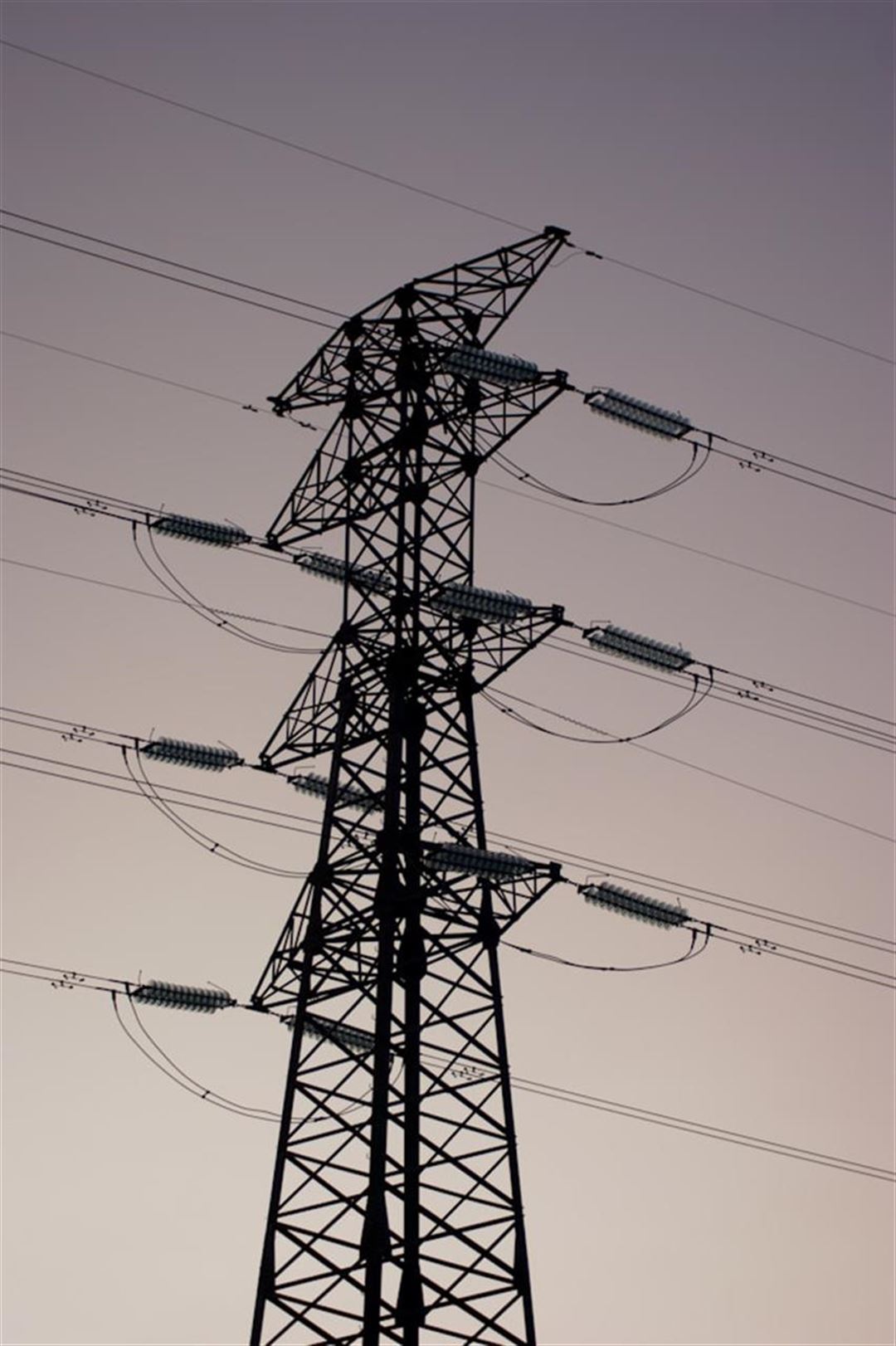Elevate cable management with unmatched cable trays

Effective cable management is crucial for both safety and performance. Cable trays, especially those from SILTEC, offer a reliable solution for organizing and protecting cables. By understanding the benefits of these trays, one can make informed decisions about managing cables efficiently. Order cable trays here.
Why stainless steel cable trays are superior
Stainless steel cable trays are known for their durability and resistance. Aisi 316 and 304 are the most commonly used types. These materials provide excellent corrosion resistance, making them ideal for a variety of environments. Stainless steel ensures longevity, reducing the need for frequent replacements.
The strength of stainless steel makes it perfect for supporting heavy cable loads. This reliability is especially important in industrial settings where cable safety is paramount. Additionally, stainless steel maintains its appearance over time, which is a bonus for aesthetic considerations.
Using stainless steel cable trays also means less maintenance. The resistance to rust and wear reduces the need for constant checks and upkeep. This not only saves time but also reduces long-term costs, making stainless steel a cost-effective choice.
Benefits of hot-dip galvanised materials
Hot-dip galvanisation is a process that enhances the durability of steel. This method involves coating steel in zinc, providing another layer of protection. The resulting material is particularly resistant to harsh weather conditions, making it suitable for outdoor installations.
Galvanised cable trays are an excellent choice for environments exposed to moisture. The zinc coating prevents rust, ensuring the tray's structural integrity over time. This characteristic is vital for installations in coastal or industrial areas.
The affordability of galvanised materials is another benefit. While offering robust protection, these trays are usually more budget-friendly than other options. This balance of cost and durability makes them a popular choice for many projects.
Advantages of electro-galvanised materials
Electro-galvanisation is another method used to protect steel. This process results in a thinner zinc coating compared to hot-dip galvanisation. However, it offers excellent protection for indoor use where exposure to elements is minimal.
The smooth finish of electro-galvanised cable trays makes them ideal for installations that require a sleek appearance. This finish is beneficial in commercial settings where aesthetics might be as important as functionality.
These trays are also light in weight, making installation easier and quicker. The ease of handling reduces labor costs and speeds up project timelines, benefiting both contractors and clients alike.
The versatility of cable tray sizes
Cable trays come in various sizes to meet different needs. Standard lengths are typically 3000 mm, but widths range from 25 mm to 600 mm. Similarly, heights vary from 25 mm to 125 mm, accommodating a wide range of cable volumes.
Custom sizes are available to cater to specific project requirements. This flexibility ensures that any installation can benefit from a perfect fit, avoiding unnecessary gaps or overlaps. Custom solutions provide an optimal balance of space and support.
Tailoring the size of cable trays also enhances their functionality. With the right dimensions, trays can support multiple cables while maintaining a neat and organized appearance. This adaptability is key to efficient cable management.
Gentle handling of cables with round materials
The design of cable trays can impact the longevity and safety of the cables they support. Using round materials in tray construction is advantageous. These materials reduce friction and abrasion, minimizing the risk of cable damage.
Gentle handling of cables is crucial in installations where movement is possible. Slight shifts or vibrations can cause wear over time, but rounded edges help mitigate this risk. Protecting cables from damage extends their lifespan and prevents costly replacements.
This design feature also simplifies maintenance. When cables are less prone to wear, routine inspections become quicker and less frequent. The focus can instead be on optimizing cable performance rather than repair and replacement.
The convenience of patented locked cable trays
Patented locked cable trays offer an innovative approach to cable management. The lock allows for easy access while keeping cables secure. This feature is particularly useful for maintenance tasks that require frequent cable adjustments or cleaning.
The locking mechanism ensures that cables remain in place, preventing accidental disconnections. In environments where stability is crucial, this added security is invaluable. It provides peace of mind knowing that cables will stay organized and operational.
Accessibility is another advantage. Even with the lock in place, cables are easily reachable for any necessary changes. This convenience reduces downtime during maintenance and enhances overall operational efficiency.
Choosing the right cable tray for your project
Selecting the appropriate cable tray involves considering several factors. Material, size, and design all play roles in how well a tray will serve its purpose. Understanding the specific needs of a project helps in making the best choice.
Consider the environment where the tray will be installed. For example, stainless steel is ideal for corrosive environments, while electro-galvanised trays work well indoors. Matching the material to the conditions ensures longevity and performance.
Project requirements might also dictate size and configuration. Custom solutions can provide the exact fit needed, supporting optimal cable organization. Evaluating these aspects ensures both functionality and efficiency in cable management.
How cable trays enhance safety
Cable trays contribute significantly to safety in electrical installations. By keeping cables organized, they prevent tangling and clutter. This organization reduces the risk of tripping hazards and makes workspaces safer.
Proper cable management also protects cables from damage. By supporting cables securely, trays prevent kinks and breaks that could lead to electrical faults. This protection is vital for maintaining uninterrupted service and avoiding costly repairs.
Fire safety is another consideration. Metal cable trays can act as a barrier in case of fire, slowing the spread of flames. This added layer of security is crucial in locations where safety regulations are stringent.